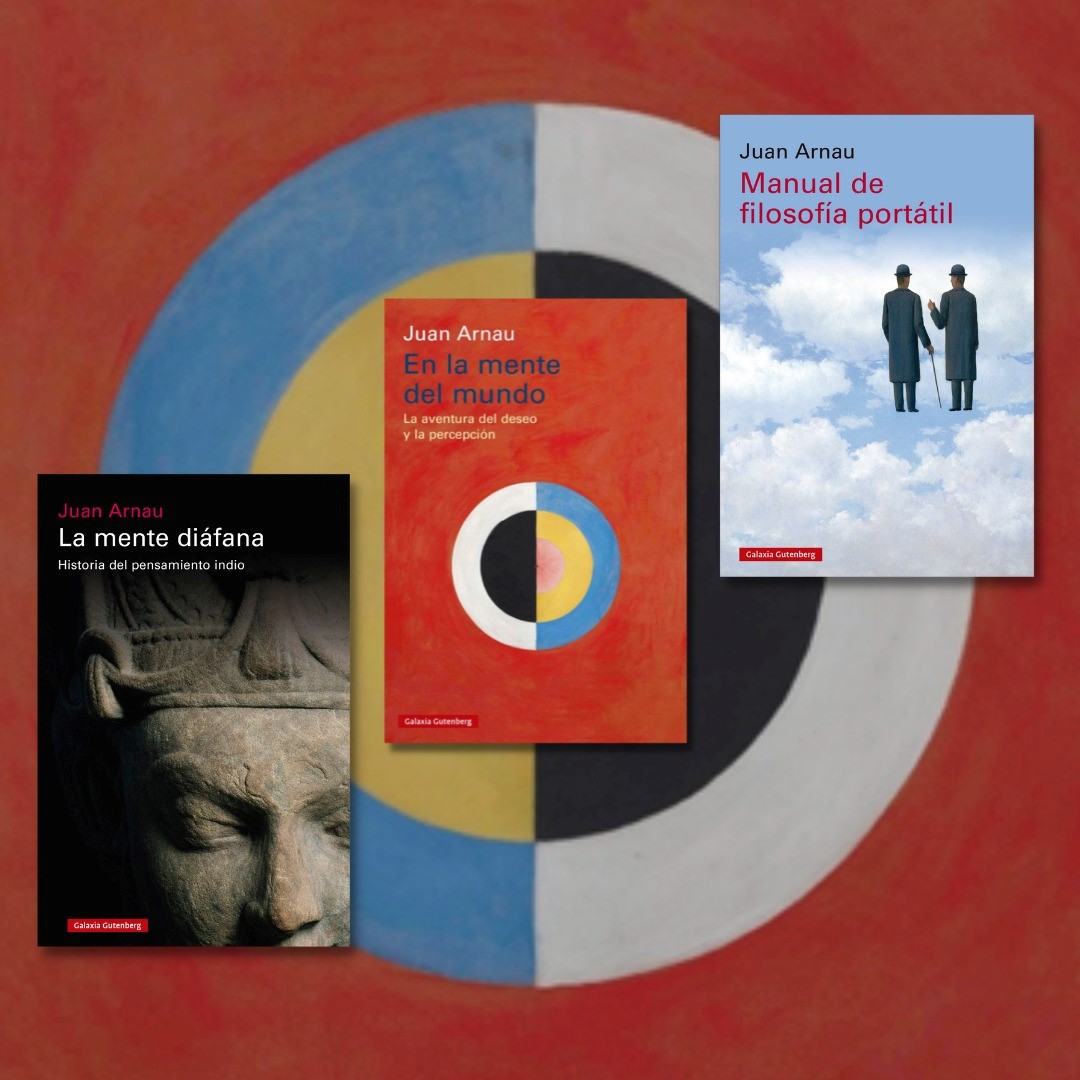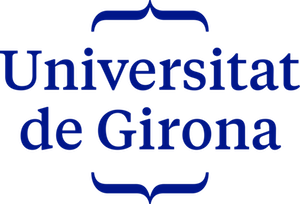
Juan Arnau: In the mind of the world. The adventure of desire and perception
Current thinking is in the dead end of materialistic reductionism. If something is not reduced to matter, it is nothing, it does not exist. And yet matter is something imagined or perceived, an abstract atom, the trace of a particle in the bubble chamber, the enigma of an embrace, the impression of a color. In the 17th century there were philosophers who offered alternatives to this vision, but no one paid much attention to them. Returning to them might be one way, but this book will also try others, drawing on some of the philosophies of Indian antiquity. […]
Berkeley, more than an idealist, was a phenomenologist and a radical empiricist. The Irish philosopher used to say that the taste of the apple is not to be found in the apple itself, nor in the person who tastes it, but in the encounter between the two. For certain traditions of Indian thought, not only taste but all things have this nature of encounter, they are transient encounters. The thought that brings out this transience of things is also fleeting, like the taste of the apple.
- Juan Arnau, En la mente del mundo. La aventura del deseo y la percepción, Galaxia Gutenberg, Barcelona, 2022, p. 17, 18.
Juan Arnau (Valencia, 1968) is an astrophysicist, philosopher, essayist and specialist in Eastern philosophies and religions. He graduated in Astrophysics (1994) at the Complutense University of Madrid. He traveled to India and at the University of Vanarasi he began studying Indian philosophy and culture together with the Catalan sanskritist Òscar Pujol. He received his PhD from the Colegio de México with a thesis on the Buddhist philosophy of Nāgārjuna (2002). As a professor in the Department of Asian Languages and Cultures at the University of Michigan, he continues his work as a researcher with Luis Ó. Gómez. He returned to Spain as a researcher at the University of Valencia and later became a professor at the universities of Barcelona, Granada and Valencia. He is currently Professor of Philosophy at the Complutense University of Madrid.
Of his extensive work as an essayist, translator, editor, writer…, which runs through the roots of Western philosophical and scientific thought, passing through the philosophy of the Indian tradition, especially Hinduism and Buddhism, we highlight: La palabra frente en el vacío. Filosofía de Nāgārjuna (2005); Manual de filosofía portátil (2014), inalist of the National Essay Prize, a navigation against the current along the river of Western thought towards the sources, from Lévi-Strauss to Heraclitus; Historia de la imaginación. Del antiguo Egipto al sueño de la Ciencia (2020); La mente diáfana. Historia del pensamiento indio (2021); Matería que respira luz. Ensayo de filosofía cuantica (2023); the editions and translation of Fundamentos de la vía media de Nāgārjuna (2004), the Bhagavadgītā (2016), the Upaniṣad (2019), the Sūtra del diamante and the Sūtra del corazón (2023); or the philosophical fictions of Spinoza, Berkeley, Leibniz, and Rousseau.
For the work of this course we have chosen Juan Arnau’s recent relatively brief text,En la mente del mundo. La aventura del deseo y la percepción (2022), which seems to be elaborated from notes or notes, where several of the themes, aspects or areas present throughout his work are raised, in a questioning, intuitive and very suggestive way. An exposition that demands from the reader the disposition for a change of worldview, if he wants to go beyond the paradigm that has led contemporary civilization to a dead end. Provocative and brilliant.
The book cover, chosen by the author himself, reproduces the painting The Swan, No. 17 - Group IX/SUW (1915), by the unknown, until recently, Swedish painter Hilma af Klint (1862-1944), a precursor of contemporary abstract art.
La fuga de Dios (2017) will be the complementary reading, where Juan Arnau questioning certain assumptions of official science opens new paths towards a new science where the universe is not a machine made up of inert matter, evolution a blind and mechanical process, or consciousness a mere physical activity of the brain. The title of the work does not refer to the idea of a God who is gone, absent, recurrent in contemporary atheism, but to the musical form of the “fugue” where several voices or instrumental lines are superimposed, in a polyphony vertebrated by counterpoint:
“La fuga de Dios” has three carefully interwoven voices. Before the musical magic of creation, wisdom intends to follow them and give to each one what belongs to it: to the intellect the abstraction, to the body the sensation and to the soul the imagination. These three voices sound in unison, vertebrated by the counterpoint of the here and now, a counterpoint that intertwines intellect, vision and sensitivity. A worldview in which creation is not conceived as an act of power, but as a surrender: God renounces to be sovereign and undoes himself in the world.
- Juan Arnau, La fuga de dios. Las ciencias y otras narraciones, Atalanta, Vilaür (Girona), 2017; second edition in Galaxia Gutenberg, Barcelona, 2023, p. 15.
Here you will find the program of the seminar, in which we put the text, the object of our studium, in dialogue with Raimon Panikkar in whom we see strong confluences.
Juan Arnau regularly writes reviews and articles in the written press: El País, Posdata (Levante-EMV); see here a dossier on his website.
We can also find on the net several conferences, courses, interviews, round tables… where we can discover the splendid and clear Juan Arnau speaker; for example, the interview referring to our study text:
- «Juan Arnau. En la mente del mundo», Beatriz Calvo, Hilo de Ariadna, Ariadna TV (22 February 2023)

